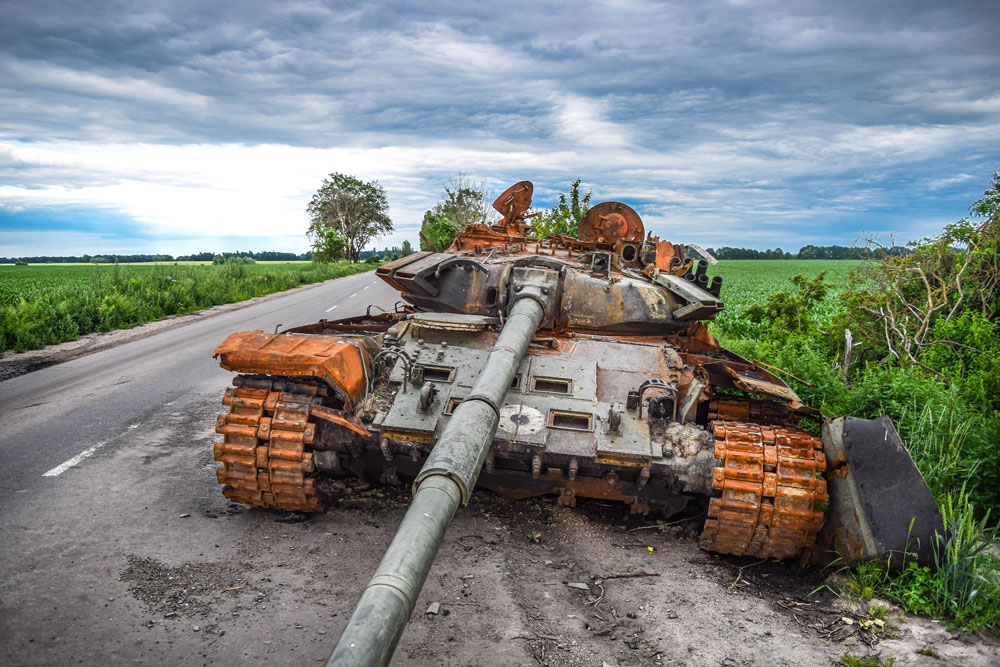MSU Geography alum details war’s potential toxic impact on Ukrainian farmland
April 11, 2023 - Diane Huhn

Photo by Dmitry Bukhantsov on Unsplash
While Russia's invasion of Ukraine has killed thousands and left millions more displaced and devastated large areas of the country, the effects on residents and the region's infrastructure will undoubtedly be felt for many years. In addition, the conflict has affected food supplies not just in that area but worldwide. Given its vast and fertile agricultural lands, Ukraine has historically been known as the breadbasket of Europe. While the full range of the impacts is yet to be determined, when we consider the weaponry used being used, the toxic remnants of the war may indefinitely change the agricultural landscape of the region.
Michigan State University Geography alum Professor Joseph Hupy, a digital soil geomorphologist now at Purdue University, has spent considerable time studying similar impacts in other areas. He recently sat down with National Public Radio's (NPR) Michel Martin on an episode of All Things Considered to discuss how recent soil tests on farmland and forests in Ukraine have revealed high concentrations of toxins such as mercury, arsenic, and other pollutants. These contaminants are assumed to be the byproducts of the war, and experts believe they may impact these lands for many years.
While at MSU, Dr. Hupy earned his Ph.D. with an emphasis in soil geomorphology while studying with University Distinguished Professor Randall Schaetzl. During that time, the two coined the term "bombturbation" in an article in the journal Soil Science to describe war's impact on soil. They determined that among the unseen damage, bomb breaches in bedrock or soil layers can change the water table's depth, depriving vegetation of a shallow water source.
Click here to listen to Dr. Hupy's discussion with Michel Martin on All Things Considered.

